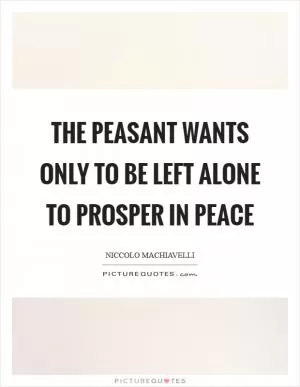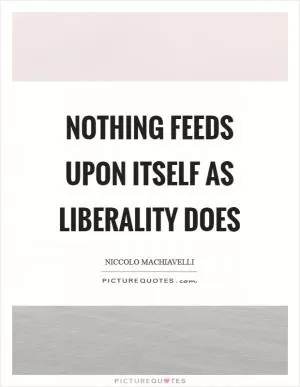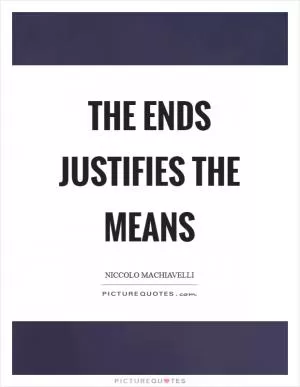God is not willing to do everything, and thus take away our free will and that share of glory which belongs to us

God is not willing to do everything, and thus take away our free will and that share of glory which belongs to us
Niccolò Machiavelli, the renowned Italian philosopher and political theorist, is often associated with his controversial views on power, leadership, and human nature. One of his most famous works, "The Prince," delves into the complexities of governance and the strategies that rulers must employ to maintain control and achieve their objectives. In this context, the idea that "God is not willing to do everything, and thus take away our free will and that share of glory which belongs to us" holds particular significance.Machiavelli's philosophy is rooted in a pragmatic understanding of human behavior and the dynamics of power. He believed that individuals possess agency and the ability to shape their own destinies through their actions and decisions. In this sense, free will is a fundamental aspect of human existence, allowing individuals to exercise autonomy and make choices that impact their lives and the world around them.
At the same time, Machiavelli recognized the limitations of human agency and the role of external forces, including divine intervention, in shaping events. While individuals have the capacity to act freely, they are also subject to the influence of larger forces beyond their control. In this sense, God's will and providence play a role in determining the course of history and the outcomes of human actions.
The idea that "God is not willing to do everything" reflects Machiavelli's belief in the importance of human agency and the need for individuals to take responsibility for their actions. While divine intervention may play a role in shaping events, it is ultimately up to individuals to make choices and determine their own fates. By exercising free will and taking decisive action, individuals can assert their autonomy and shape the course of history.
Furthermore, Machiavelli's emphasis on the importance of human agency and free will is closely tied to his conception of glory. In "The Prince," he argues that rulers must be willing to take bold and decisive actions to achieve greatness and secure their legacies. By seizing opportunities, taking risks, and asserting their will, individuals can earn glory and recognition for their achievements. This pursuit of glory is a central theme in Machiavelli's work, reflecting his belief in the importance of individual agency and the quest for greatness.












 Friendship Quotes
Friendship Quotes Love Quotes
Love Quotes Life Quotes
Life Quotes Funny Quotes
Funny Quotes Motivational Quotes
Motivational Quotes Inspirational Quotes
Inspirational Quotes